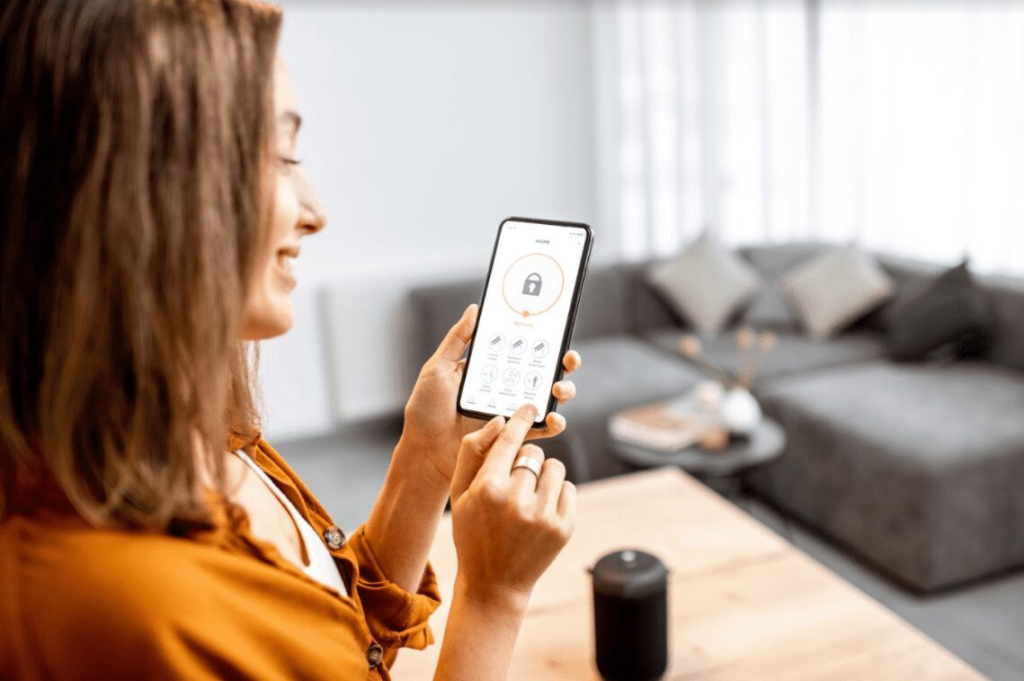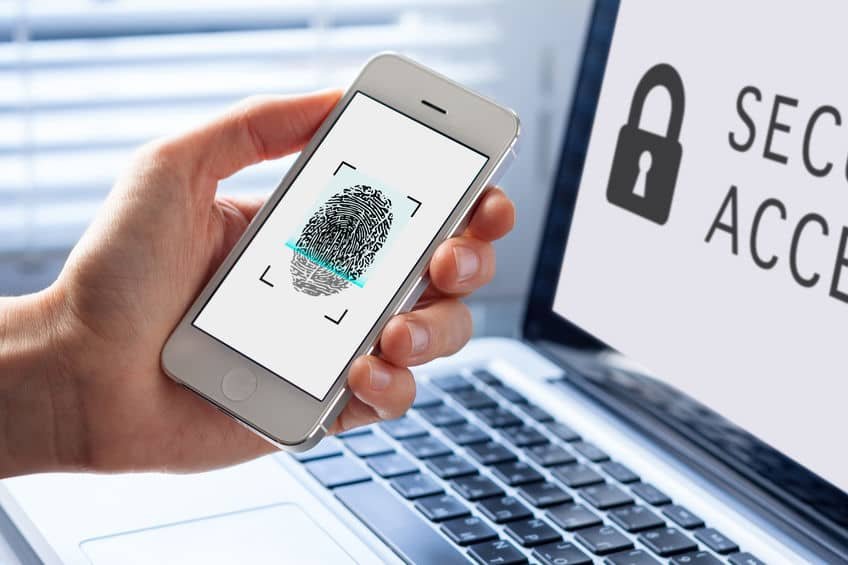The significance of protecting your devices and private information cannot be overemphasised in Nigeria’s fast changing digital environment. Taking proactive measures and making researches on how to safeguard your gadgets and personal data has become essential due to the rise in cyber attacks and data breaches. We hear news of cyberattacks daily especially on social media as people complain of their accounts being hacked or compromised.
Recently, the Twitter account of Complete Sports, one of the biggest newspapers in the country got hacked and the work of over 10 years of account building and thousands of followers went down the drain in a twinkle of an eye. This means that, when it comes to providing security for one’s accounts: email, social media pages and classified documents, one cannot be too careful.
In this post, we’ll look at eight useful and doable tactics on how to safeguard your gadgets and personal information, while assuring a worry-free and secure online experience.
How to safeguard your gadgets and personal data
We will share eight tips on how to safeguard your gadgets and personal data in the subsequent paragraphs/subheadings. If you follow all the steps diligently, you can be sure of being safe from any form of attacks or cyber breach.
Strong and Unique Passwords
Ensure that you use complex passwords which is combination of uppercase and lowercase letters, numbers, and special characters. Avoid using easily guessable information such as birthdays or names. When you use complex passwords, you give anyone who attempts to hack your personal information very little chance of succeeding. For example, instead of “John123,” opt for something like “J*8hN$1a4!”

Enable Two-Factor Authentication (2FA)
Enable 2FA whenever possible. This adds an extra layer of security by requiring a second form of verification, such as a text message code or a fingerprint scan, in addition to your password. wo-Factor Authentication (2FA) functions as an added security layer that verifies the identities of individuals striving to access an online account or platform. It introduces an supplementary phase beyond the standard login procedure, typically involving the submission of a username and password. In the realm of 2FA, once you provide your username and password, an extra element of information becomes imperative to authenticate your identity.
Regular Software Updates
Keep your gadgets’ operating systems, apps, and antivirus software up to date. Manufacturers often release updates that include security patches to address vulnerabilities that hackers may exploit. While updating to the latest versions of your software or applications, make sure you update it from the right source not just a random link.
Use Secure Wi-Fi Networks
Avoid connecting to public or unsecured Wi-Fi networks, as they can be vulnerable to attacks. Use Virtual Private Networks (VPNs) when accessing the internet on public networks to encrypt your data and maintain privacy.

Install Reliable Security Software
Invest in reputable security software that offers real-time protection against malware, phishing attempts, and other cyber threats. Examples include Norton, McAfee, and Bitdefender, Avast Premium Security, McAfee Total Protection among others.
Data Encryption
Encrypt your sensitive data, such as financial records or personal files, to make it unreadable to unauthorized users. Many gadgets offer built-in encryption tools, or you can use third-party encryption software.
Regular Backups
Back up your data regularly to a secure and external location, such as a cloud storage service or an external hard drive. This ensures that even if your gadget is compromised, your important information remains safe.
Be Cautious of Suspicious Emails and Links
Exercise caution when opening emails from unknown sources or clicking on links. Phishing emails often mimic legitimate messages to deceive you into revealing personal information. Verify the sender’s identity before taking any action.


